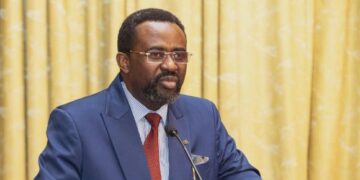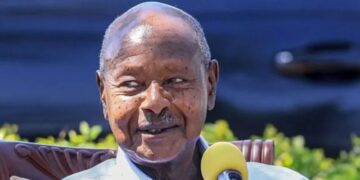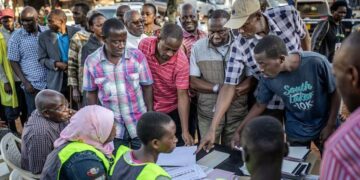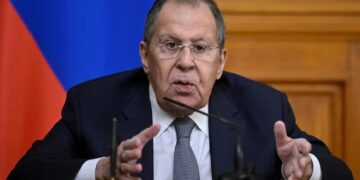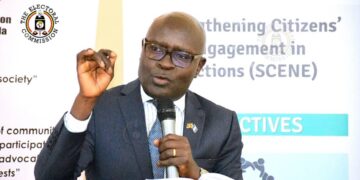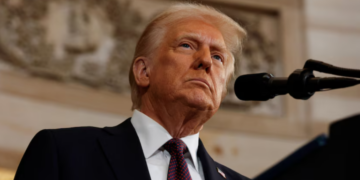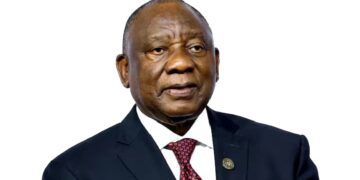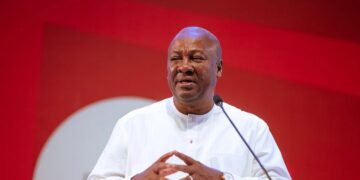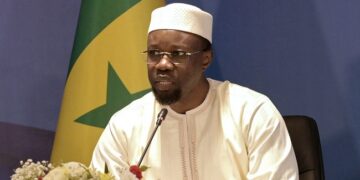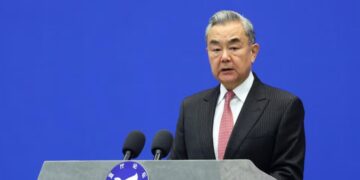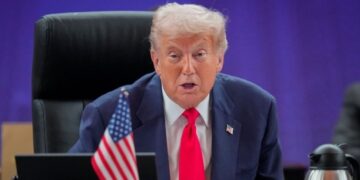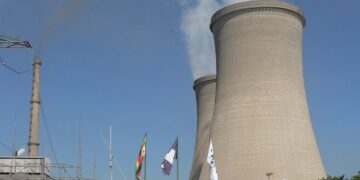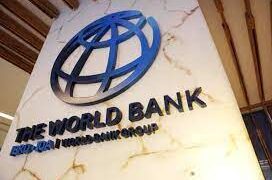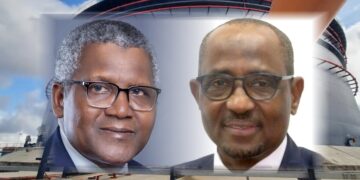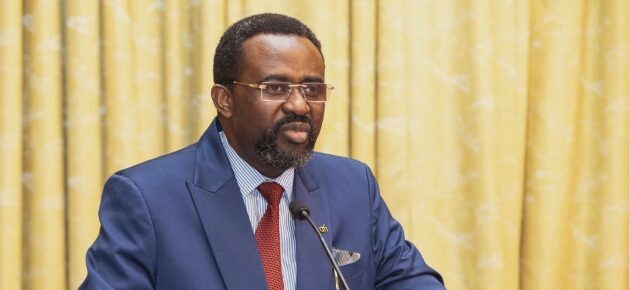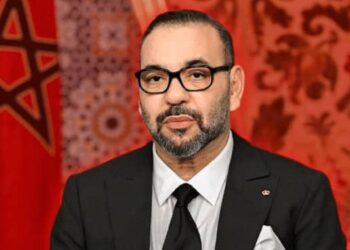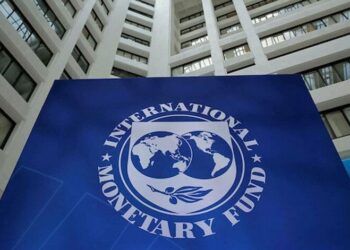By Emmanuel Nduka Obisue
Ghana is well positioned to exit the International Monetary Fund’s (IMF) US$3 billion Extended Credit Facility (ECF) programme when it concludes in May 2026, the Governor of the Bank of Ghana (BoG), Dr. Johnson Asiama, has disclosed.
According to Dr. Asiama, the country is already running ahead of programme targets on nearly all indicators, signaling a strong economic turnaround from the turbulence of recent years.
Speaking at the Governor Talks Series on the sidelines of the 2025 IMF/World Bank Group Annual Meetings in Washington D.C., USA, on the topic “From Crisis to Confidence: Ghana’s Journey to Macroeconomic Stabilisation,” the BoG Governor expressed optimism about Ghana’s recovery.
“We are happy to announce that we will be able to exit the fund programme come next year,” said Dr. Asiama, recalling earlier uncertainties surrounding the continuation of the IMF programme.
He attributed those uncertainties to challenges arising from the 2022 Domestic Debt Exchange Programme (DDEP), expansionary fiscal policies, the country’s exit from international capital markets, multiple sovereign downgrades, and the effects of high inflation and a rapidly depreciating currency.
However, he said government’s commitment to structural reforms and fiscal discipline had yielded “remarkable stabilisation” over the past eight months.
Dr. Asiama revealed that Ghana is now exceeding expectations on programme targets, with inflation dropping from nearly 24 per cent when he took office to 9.4 per cent, reserve accumulation reaching 4.5 months of import cover, and improvements noted by several international rating agencies.
“Ghana is back; we are running ahead of programme targets for the year on almost everything – inflation, reserves build-up, economic growth,” he said, assuring that the central bank “will not compromise, even as we ease downward”.
While optimistic, the BoG Governor cautioned that Ghana still faces external vulnerabilities from volatile global commodity prices, making it crucial to maintain sound macroeconomic policies and adequate reserves as buffers.
“We want to build more reserves because, as you know, we are still a commodity-exporting country. The risks remain,” he said, stressing the need for coordinated policy actions with fiscal authorities.
He emphasised that food price management and fiscal discipline remain central to the country’s disinflation strategy.
The three-year ECF arrangement, approved by the IMF Executive Board in May 2023 for a total of SDR 2.242 billion (approximately US$3 billion), aims to restore macroeconomic stability, ensure debt sustainability, and foster inclusive growth.
Dr. Asiama expressed gratitude to the IMF for its partnership throughout Ghana’s stabilisation journey, describing the collaboration as crucial to the success achieved so far.
Meanwhile, the World Bank, in its latest Policy Notes on Ghana released in September, urged the country to take bold steps to end its repeated reliance on IMF programmes. The report stated: “Ghana must break from past governance failures marked by fiscal indiscipline, inefficiency, and repeated IMF programmes”.
